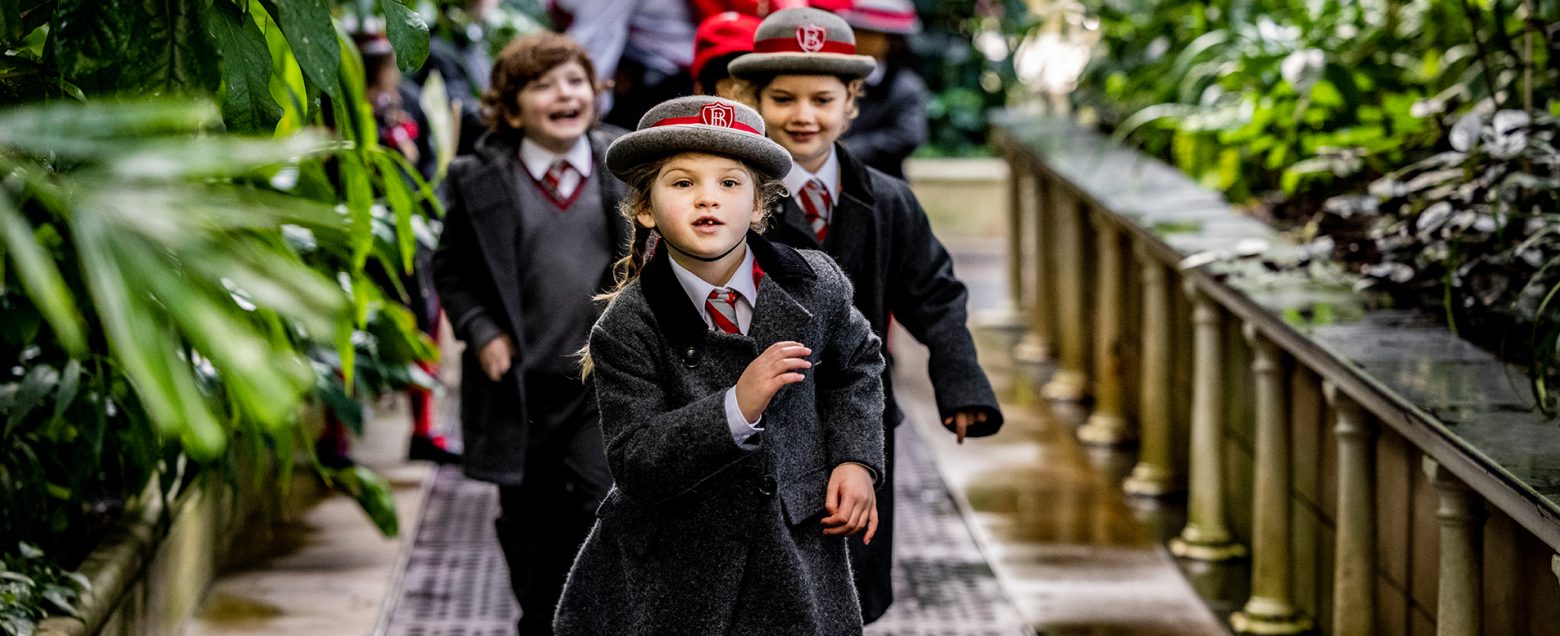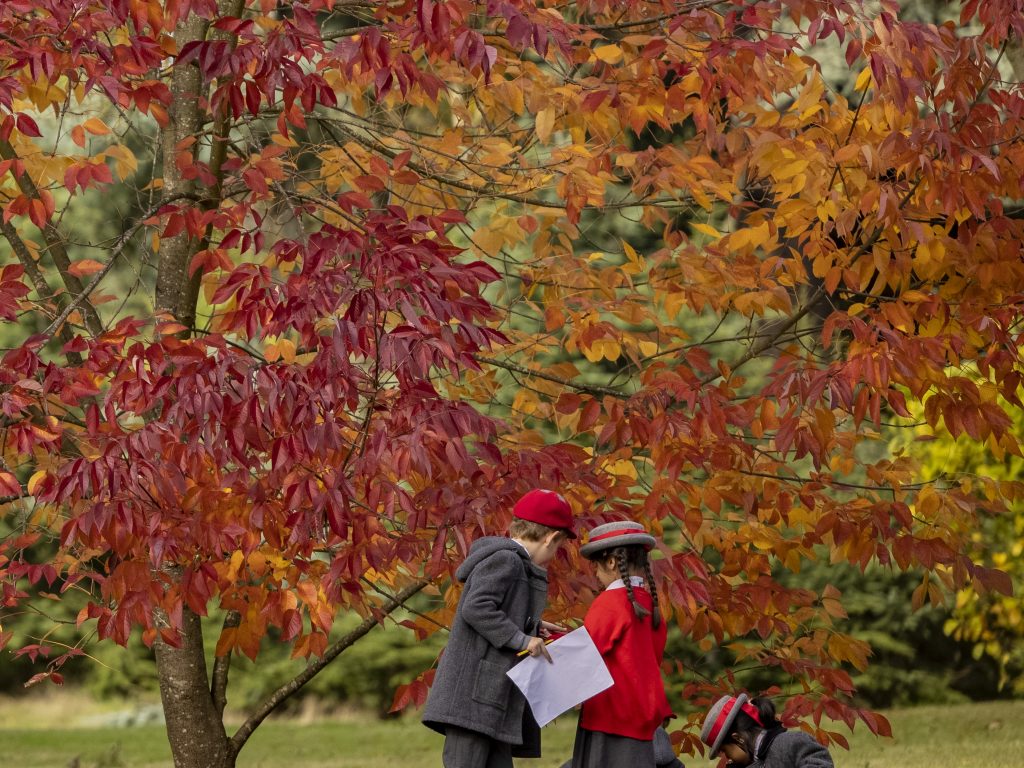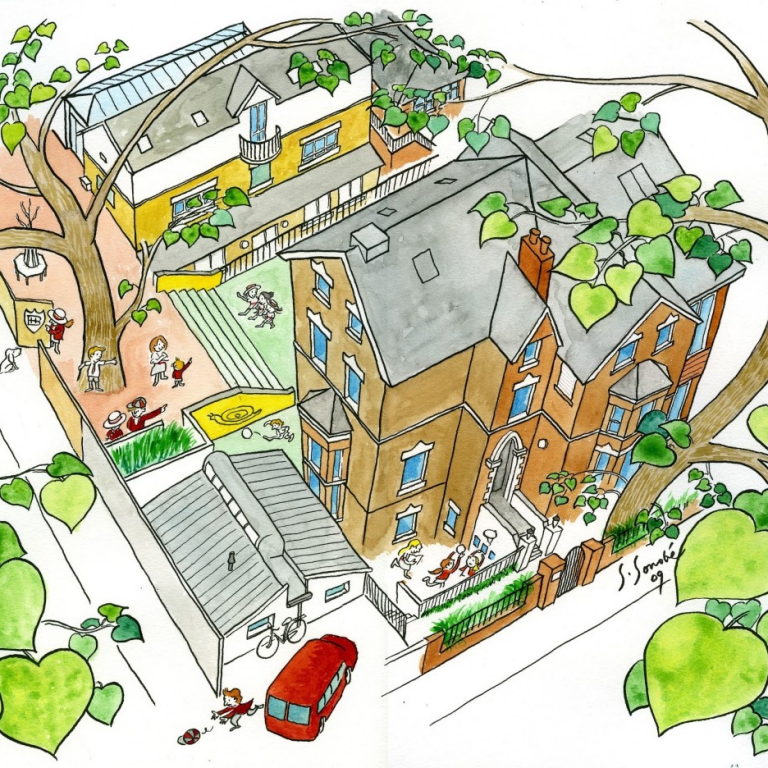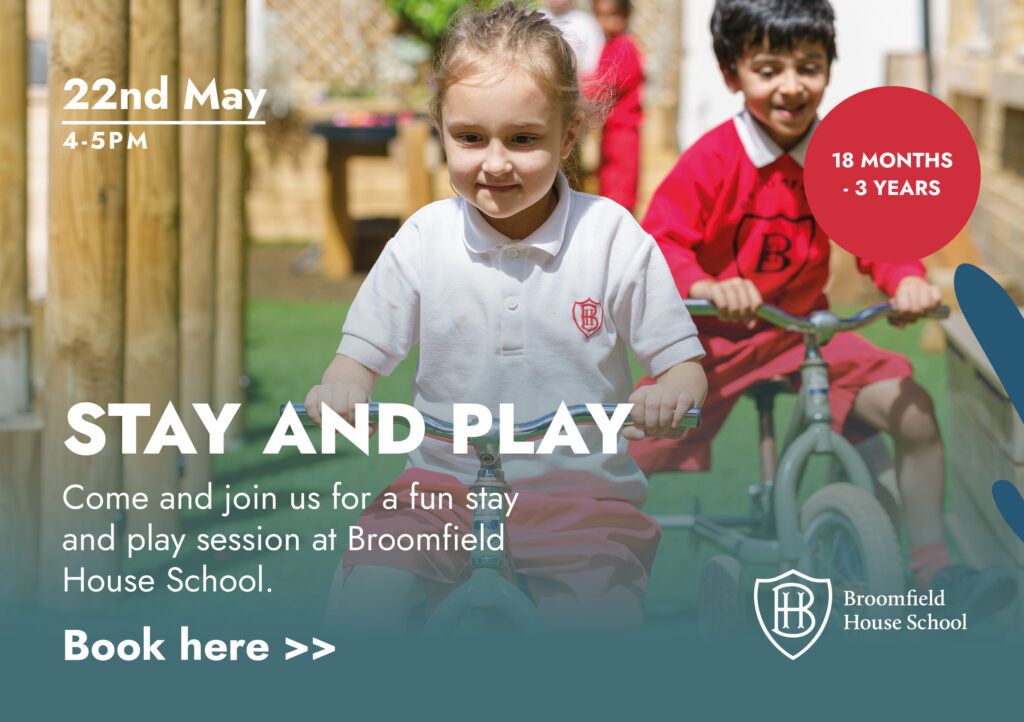In any school curriculum, English and Maths have traditionally reigned superior. And this is understandable, considering all subjects include some element of both. Yet alongside this, the national curriculum and accountability have generally led schools away from breadth and a child-centred approach, to one more teacher-centred, focused on delivering content in order to cover a syllabus. I can’t help worry that this results in spoon-feeding, less independence and a learned helplessness as a child moves through the years. A worry perhaps backed up by the 150,000 plus students who dropped out of their first year of university in 2018, with many citing difficulties adjusting to independent study as one of the contributing factors. Now, many school leaders are recognising the importance of inspired curiosity as key to creating a culture of resilient learners who actively seek answers for themselves. And that mindset starts at Prep.
At Broomfield House School we have certainly taken this to heart, and started the new school year with a refreshed curriculum. We wanted our pupils’ education to include a rich diet that was fit for the challenges of the 21st century and taught them skills, as well as knowledge. There are a few key elements to our changes:
Breadth
Our curriculum still includes heavy doses of English and Maths! And now also includes short sessions in religion, philosophy and ethics, giving our pupils an understanding of how to think, problem solve and debate some of life’s extraordinary questions. Humanities have been split into separate history, geography and RPE lessons, with dedicated time to go deeper into each. Digital art now features on the timetable and science is once again given the emphasis it deserves. Focus is on embedding a strong level of understanding that can be applied in the real world, with children actively using their knowledge, skills and understanding. After all, this is what is needed in the modern workplace, along with elevated levels of emotional intelligence and humanistic skills.
Structure
To allow for greater breadth in our curriculum, we brought an innovative approach to traditional timetabling. Lessons have been reduced slightly to 50 minutes, allowing for carefully crafted jam-packed learning which – when supported by excellent teaching (and at Broomfield, we have truly superb staff) – allows all children to remain focused throughout. High cognitive load is timetabled in the morning when children have the highest capacity to learn new skills and content; while creative subjects and sport are in the afternoon. A new daily 20-minute starter and a 20-minute recap session, at the beginning and of the end of the day, give the children time to prepare for the day ahead and to reflect on their learning. These small changes may not seem significant on paper but, after just three weeks, we are seeing an increased level and duration of focus in the classroom and children who are energised to learn.
Enrichment
Broomfield House is a progressive school that seeks to inspire the next generation of entrepreneurs and innovators, not only a school that achieves excellent 11+ results. Our expansive enrichment programme is key to our success. It has been refreshed and as a result over 50% of pupils are opting to stay longer to take part in new sessions such as Mindfulness and wellbeing, where they are taught how to be reflective, self-aware, and how to deal with any emotions post lockdown. We continue to develop our curriculum and are exploring ways to add ballet, horse riding, astronomy, Mandarin, photography and conservation to our already broad offering.
Supporting marginal gains
Marginal gains continue to be made across the school year. Cognitive burnout is just as much a factor for children as it is for adults and so we have a planned recovery week each term. This week, where the children take part in educational visits to some of London’s most inspirational places, allows time for some cognitive downtime. The concept allows opportunities for experiences where they can not only apply their learning to date, but also to rest before then bouncing back stronger.
Preparation for life
The journey we are on in is centred around each child. The changes we have made pave the way for a generation of curious learners and independent thinkers who are not disillusioned with rote learning in order to simply pass an assessment. Our children are learning because they want to learn, because they love to learn and because they see that, by learning all they can, they are best placed to make a positive difference in the world.
Adam Anstey – Head of School
Categories: Academics





